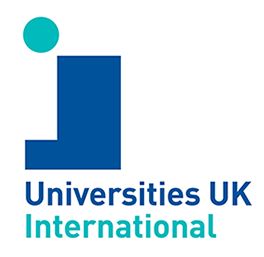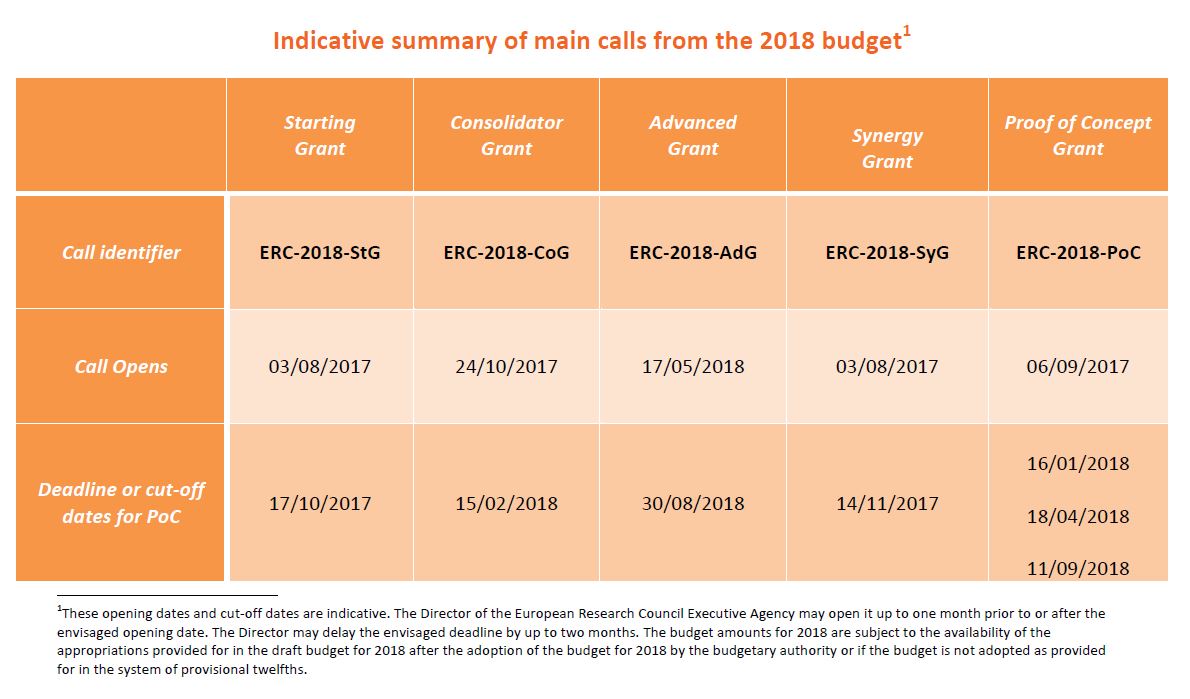 The ESRC has pre-announced the commissioning of four new calls under the Global Challenges Research Fund (GCRF). The calls will focus on the areas of mental health, education and skills, decent work and transitions towards sustainable and inclusive societies.
The ESRC has pre-announced the commissioning of four new calls under the Global Challenges Research Fund (GCRF). The calls will focus on the areas of mental health, education and skills, decent work and transitions towards sustainable and inclusive societies.
Interdisciplinary perspectives from within and beyond the social sciences are actively sought. The formal launch of the calls will be in October/November 2017. A total budget of around £16 million will be available.
 Focus areas:
Focus areas:
Mental health
This area is likely to take a broad perspective on what constitutes mental health and includes mental, neurological, and substance use (MNS) disorders. It will encourage interdisciplinary research that explores how these categories might be conceptualised differently or not regarded as illnesses in some contexts, for example, how MNS disorders are understood and the implications for prevention, treatment-seeking and interventions. Research might also explore how MNS disorders affect families, communities and carers and what this means for those who should provide care and support. Research might address how ‘informal care’ networks shape understanding, attitudes and experiences in relation to MNS disorders. It might also look at how biological, cultural, economic, environmental and social factors determine MNS disorders and resilience with a view to tackling inequalities and supporting the most vulnerable and marginalised groups.
Education and skills
The skills agenda, like education, underpins many of the UN’s Sustainable Development Goals. Research on education and skills in this context might consider questions around what skills are needed across the life course to support decent work, the changing nature of work and how best to develop and enable access to these skills. What form of skills development will connect with strategies for economic and social development? How do intersecting inequalities within and beyond education affect access, experience and outcomes? How do the different forms of education and skills development delivery tackle inequalities?
Decent work for all
Goal 8 of the UN’s Sustainable Development Goals cites ‘decent work for all’ as an integral part of the challenge of sustainable growth. It is estimated that around 470 million jobs will be needed globally for new entrants to the labour market by 2030. The aim of Goal 8 is to ensure not only that sufficient employment is created, but also that work is productive, fairly remunerated and meets minimum standards of security and prospects for personal development. Creating the conditions by which this can be achieved raises fundamental challenges in terms of raising productivity and competitiveness in lower income countries. This in turn relates to issues such as training and education, labour market regulation, and the capacity of the state to encourage and support innovation and appropriate business practices on the one hand and to provide adequate unemployment and social security support on the other.
Research could also address the intersections between labour markets and patterns of global trade or production and migration. The specific challenges associated with youth employment and improving access and employability of people with disabilities are also important, as are a greater understanding of how to reduce the obstacles that hold women and girls back in the workplace and how to eliminate forced employment and the worst aspects of child labour.
Transitions towards sustainable and inclusive societies
For all developing countries, there is a need to manage advances in wellbeing, equity and economic growth alongside the challenges of climate change, biodiversity and cleaner energy and air. Are there models or approaches to economic development that offer new insights into how to support sustainable, equitable growth? Research themes might include the potential offered by new models of production, with a stronger emphasis on locally based, small-scale enterprises; appropriate policies to encourage sustainable patterns of consumption; reform of trading relationships to encourage sustainable production patterns; and analysis of the opportunities offered by new digital technologies to improve access to finance and radically change models of production and distribution in low income countries. Governance and institutional dynamics are also crucial – what kind of institutions are needed to meet these challenges?
A central ambition of this theme is to provide and disseminate evidence of what works well in meeting these challenges and to address opportunities for replication or scale-up.
If you’re interested in the above…
Get in touch with your RKEO Research Facilitator to discuss potential applications.
 The Arts and Humanities Research Council, 23 humanities funding organisations and the European Commission are pleased to announce a new €20 Million Joint Research Programme (JRP) for arts and humanities researchers in Europe.
The Arts and Humanities Research Council, 23 humanities funding organisations and the European Commission are pleased to announce a new €20 Million Joint Research Programme (JRP) for arts and humanities researchers in Europe.
 Events and Funding Opportunities:
Events and Funding Opportunities:


 The UK’s seven research councils have
The UK’s seven research councils have  It is estimated that 23% of the UK population is affected by mental health problems at some point each year. In spite of recent progress, more research is needed to better understand how to prevent, diagnose and treat mental illness. Only about a quarter of people with a mental health problem are deemed to receive ongoing treatment, leaving the majority grappling with mental health issues seeking help or information on their own, and depending on the informal support of family, friends or colleagues.
It is estimated that 23% of the UK population is affected by mental health problems at some point each year. In spite of recent progress, more research is needed to better understand how to prevent, diagnose and treat mental illness. Only about a quarter of people with a mental health problem are deemed to receive ongoing treatment, leaving the majority grappling with mental health issues seeking help or information on their own, and depending on the informal support of family, friends or colleagues.

 The following international workshops are all being advertised on the
The following international workshops are all being advertised on the  The British Academy have used e-GAP as their application submission system for a number of years. They have now changed to Flexi-Grant.
The British Academy have used e-GAP as their application submission system for a number of years. They have now changed to Flexi-Grant.
 The Health Foundation, an independent charity committed to bringing about better health and health care for people in the UK, has launched a new £1.5 million funding programme for innovative research on the economic and social value of health in the UK.
The Health Foundation, an independent charity committed to bringing about better health and health care for people in the UK, has launched a new £1.5 million funding programme for innovative research on the economic and social value of health in the UK. The Arts and Humanities Research Council (AHRC) have launched their annual competition, in conjunction with BBC Radio 3, called ‘
The Arts and Humanities Research Council (AHRC) have launched their annual competition, in conjunction with BBC Radio 3, called ‘ This competition aims to develop a new generation of academics who can bring the best of university research and scholarly ideas to a broad audience through working with the media. It’s a chance for early career researchers to cultivate the skills to communicate their research findings to those outside the academic community.
This competition aims to develop a new generation of academics who can bring the best of university research and scholarly ideas to a broad audience through working with the media. It’s a chance for early career researchers to cultivate the skills to communicate their research findings to those outside the academic community. NERC introduced
NERC introduced  The
The  Focus areas:
Focus areas:











 From Sustainable Research to Sustainable Research Lives: Reflections from the SPROUT Network Event
From Sustainable Research to Sustainable Research Lives: Reflections from the SPROUT Network Event REF Code of Practice consultation is open!
REF Code of Practice consultation is open! BU Leads AI-Driven Work Package in EU Horizon SUSHEAS Project
BU Leads AI-Driven Work Package in EU Horizon SUSHEAS Project Evidence Synthesis Centre open at Kathmandu University
Evidence Synthesis Centre open at Kathmandu University ECR Funding Open Call: Research Culture & Community Grant – Apply now
ECR Funding Open Call: Research Culture & Community Grant – Apply now ECR Funding Open Call: Research Culture & Community Grant – Application Deadline Friday 12 December
ECR Funding Open Call: Research Culture & Community Grant – Application Deadline Friday 12 December MSCA Postdoctoral Fellowships 2025 Call
MSCA Postdoctoral Fellowships 2025 Call ERC Advanced Grant 2025 Webinar
ERC Advanced Grant 2025 Webinar Update on UKRO services
Update on UKRO services European research project exploring use of ‘virtual twins’ to better manage metabolic associated fatty liver disease
European research project exploring use of ‘virtual twins’ to better manage metabolic associated fatty liver disease